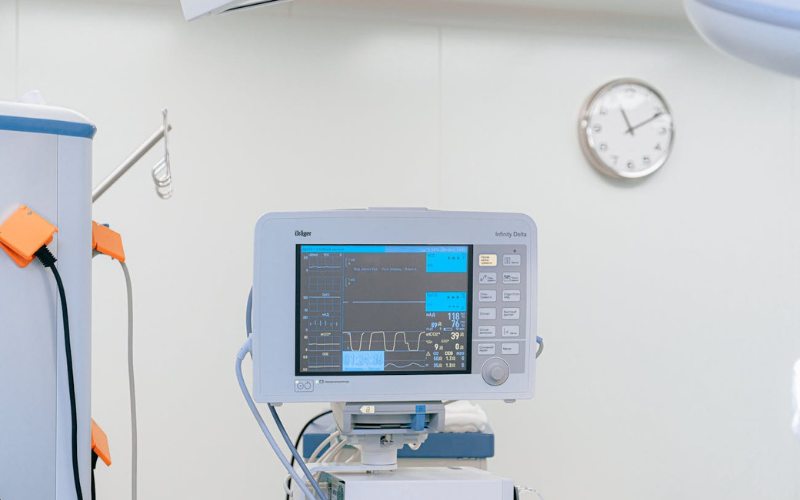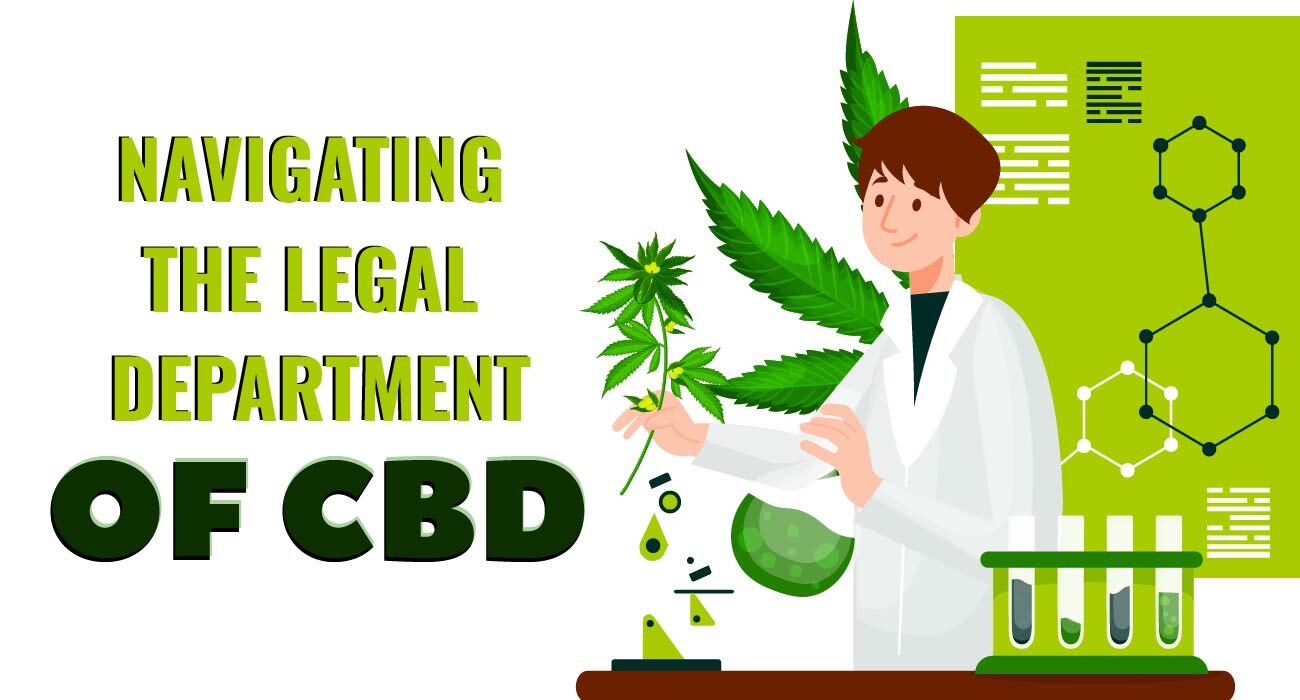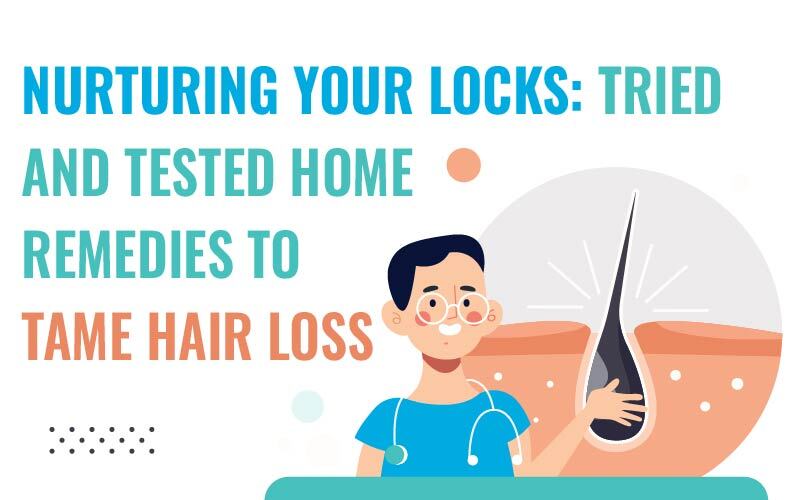Pregnancy is a transformative journey for women, both emotionally and physically. As an expectant mother, you may notice several changes in your skin that are a result of the incredible processes happening within your body. In this blog, we will explore five common skin changes that often accompany pregnancy, providing you with valuable insights and tips to help you navigate this beautiful phase of life with confidence and grace. Understanding these changes can empower you to take the best possible care of your skin during this unique and special time.
1. Melasma
Melasma causes brown patches on either the forearms, face, or both. It affects pregnant women due to heightened levels of estrogen and progesterone hormones. Although melasma can make you feel self-conscious, the condition is totally harmless.
Safe treatments of melasma during pregnancy:
Most dermatologists discourage pregnant women from treating melasma because of 3 reasons.
- The condition is harmless.
- The condition mostly resolves on its own.
- Trying to treat melasma with most of the over-the-counter medications available can easily cause further and more permanent damage to the skin.
They recommend lifestyle changes to protect your skin from sun exposure. Skin pigmentation caused by melasma can be exacerbated by too much sunlight exposure.
2. Pruritic urticarial papules and plaques of pregnancy (PUPPP)
This skin disease is characterized by itchy or burning lesions. You’ll start noticing pale red bumps on the legs, buttocks, arms, or abdomen which may then develop into lesions as big as a dinner plate. The most probable cause of PUPPP in pregnant ladies is the skin overstretching rapidly over a short period. Your skin cells aren’t able to keep up with the excessive stretching, which causes the skin to get damaged. Hormonal changes during pregnancy then exacerbate the situation and cause the damaged skin to develop bumps and rashes.
Safe treatment of PUPPP during pregnancy:
Although PUPPP can be an unpleasant annoyance, the condition isn’t permanent or life-threatening. Your skin should be able to heal completely on its own within 6 weeks post-pregnancy. However, a skin lesion diagnosis may be necessary for peace of mind. It’s best to consult a doctor who may then recommend a physical examination to decipher the implication of the lesion’s size, shape, color, or depth. The physical examination may involve blood & allergy tests, microbiological investigations, or even a biopsy to rule out suspected malignancy. The doctor should be able to prescribe medication for you after that.
For at-home PUPPP remedies, you can expedite the healing process by:
- Take regular oatmeal baths.
- Avoid hot baths or showers for a while.
- Keep your clothing light and breathable.
- Apply fragrance-free moisturizer on the rash.
3. Stretch marks
Stretch marks are the most common skin problems that women struggle with during and after pregnancy. The red or brown (depending on your skin color) streak-like lines appear on your tummy, breasts, or upper thighs. They develop on the surface of the skin- they don’t run deep, which means you don’t need to worry much about them. The area around the marks can, however, get itchy sometimes.
Stretch marks develop when rapid weight gain during pregnancy stretches your skin’s middle layer (dermis) making it thinner and consequently breaking it. The extent of these marks varies from one woman to another depending on pre-pregnancy weight and skin type. Some skins are more elastic than others.
Safe treatment of stretch marks during pregnancy:
- Maintain a healthy diet.
- Wait for the stretch marks to fade away gradually after delivery.
4. Acne
Acne is a skin problem that occurs when bacteria, oil, or dead skin cells clog up skin pores. The disorder occurs during pregnancy mostly due to the rapid increase of progesterone hormones, prompting your skin to produce more oils than usual. The extra oil clogs up your skin pores and causes painful pimples on the face, chest, or neck.
Which acne treatments are safe during pregnancy?
The safest way of dealing with acne during pregnancy is to work with a reputable dermatologist. The risk involved is too high to self-medicate with over-the-counter antibiotics.
5. Perioral dermatitis
Perioral dermatitis is an inflammatory condition that gives you intensely itchy pimples, hives, and/or rashes around the perioral region (the mouth area). The rashes can potentially extend to the paranasal (nose), arms, legs, and periocular (eye) regions. The condition can also manifest itself in the form of red tightness near areas of stretch marks. Perioral dermatitis during pregnancy is caused by internal inflammation due to sudden hormonal changes.
Which perioral dermatitis treatments are safe during pregnancy?
Perioral dermatitis fades away on its own within two weeks before or after delivery. If you need to reduce the itchiness, you can use diphenhydramine (eg, Benadryl), cetirizine (eg, Zyrtec), or loratadine (eg, Claritin).
Quick Skincare Tips During Pregnancy
- Eat a healthy diet that’s rich in vitamin B12 and iron (plenty of fresh fruits, beans, whole grains, and vegetables).
- Stay hydrated,
- Get enough sleep each night.
- Consume supplemental omega-3 fatty acids to address hormonal imbalance.
- Cleanse twice a day with a soap-free cleanser to keep affected areas hydrated.
- Stop using heavy makeup during this period.
- Wash your pillowcase frequently. Put away any heavy make-up.
- Apply a mixture of fresh lemon juice, apple cider vinegar, or cucumber juice on the affected areas to reduce skin pigmentation.
- Use sunscreen when outdoors.
- Take care of your mental health. Skin changes during pregnancy can trigger mental health issues such as depression, anxiety, and social isolation.
Final word
There’s no shame in getting skin disorders during pregnancy or in being self-conscious during this period. Don’t allow unwanted skin conditions to dim your light- most of them solve themselves postpartum. Besides, there are also tons of safe medications that you can use to reduce the severity of these conditions during pregnancy.




